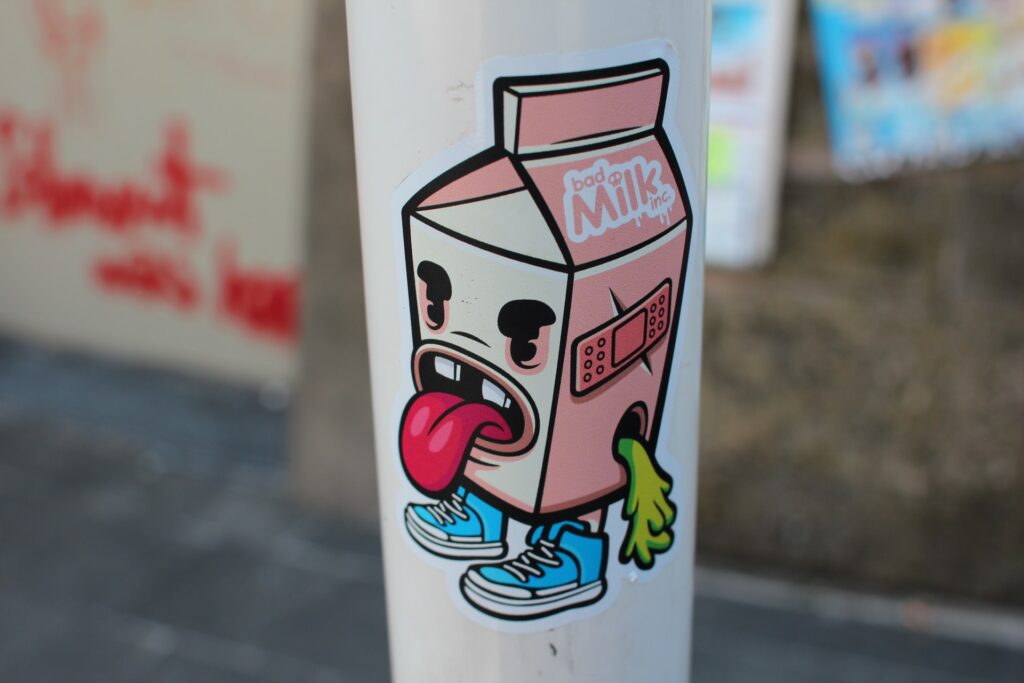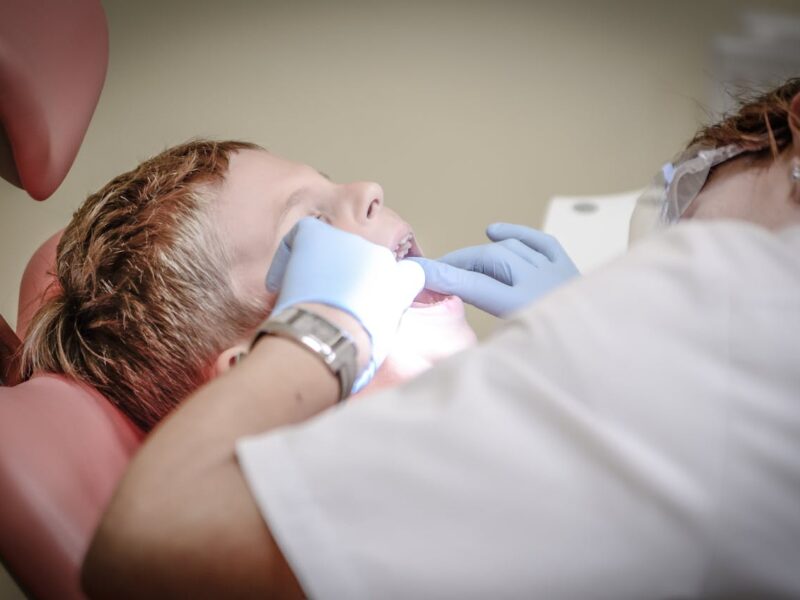Most of the time, A soapy taste in mouth is merely a momentary irritation. But occasionally, it’s an indication of a significant medical issue.
A soapy taste in the mouth can occur for a variety of reasons. To identify the source of the soapy taste, it’s crucial to consider several variables, including what a person previously ate, any medicines they take, and their medical history.
In this article, let’s look into some common reasons you could have a soapy taste in mouth.
Contents
Main Causes for a Soapy Taste in Your Mouth.
- Consuming foods or beverages that contain high levels of detergent-like substances, such as sodium lauryl sulfate (SLS). SLS is commonly found in toothpaste, mouthwash, and certain processed foods. For example, if you frequently use a toothpaste that contains SLS, it can leave a soapy taste in your mouth.
- Dry mouth or dehydration can lead to a soapy taste. Saliva helps to cleanse and moisten the mouth, so when there is a lack of saliva, it can result in a soapy sensation. This can be caused by medications, certain medical conditions, or simply not drinking enough fluids.
- Acid reflux or gastroesophageal reflux disease (GERD) can cause stomach acid to flow back into the mouth, leading to a bitter or soapy taste. This can happen particularly at night when lying down. Examples of acidic foods that may trigger acid reflux include tomatoes, citrus fruits, and spicy foods.
- Hormonal changes, such as during pregnancy, can affect the sense of taste and cause odd or metallic tastes in the mouth. Some pregnant women may also experience a soapy taste due to hormonal fluctuations.
- Mouth infections or oral hygiene issues can contribute to a soapy taste. Bacterial or fungal infections in the mouth can produce unpleasant tastes. Poor oral hygiene, such as not brushing or flossing regularly, can lead to a buildup of bacteria and plaque, resulting in an off taste.
- Neurological conditions or medications that affect the sense of taste can cause a soapy taste. Certain medications, such as antibiotics or antihistamines, can alter taste perception. Neurological conditions that affect taste buds or the brain’s interpretation of taste signals can also lead to unusual tastes.
It Could Be Due To Contaminated Food
Even a tiny amount of soap can alter the flavor of food and liquids since soap has such a strong flavor.
A person may experience a soapy taste in their mouth if they:
- Eating off of dishes that haven’t been thoroughly rinsed,
- Eating fruits or vegetables washed in soapy water,
- Using drinking straws that still contain soap residue,
- Prepare food with soapy hands.
In these situations, the soapy flavor typically goes away over a brief period.
It Could Be A Sign Of Acid Reflux
If your mouth tastes like soap, it could be a sign of acid reflux.
Acid reflux is a common condition that affects the esophagus (the tube connecting your throat with your stomach). Acid reflux causes chest pain and burning sensations in the throat or chest. So, if you have any of the above sensations besides the soapy taste, check with your doctor.
It Could Be A Sign Of Anxiety
If you’re experiencing a soapy taste in your mouth and it’s affecting your daily life, it could be a sign of anxiety. This is one of the most common causes of a soapy taste in your mouth.
Anxiety can make you feel tight in the chest and stomach area, which causes nausea and dry mouth. Anxiety can also result in metallic tastes in your mouth and being sick, to begin with, due to other symptoms associated with anxiety disorders such as panic attacks or generalized anxiety disorder (GAD).
If you suspect that the soapy taste has occurred due to an injury or illness like a heart attack, stroke, or brain injury—it’s best to see a doctor immediately.
It Could Be Due to Certain Medications
The most common cause of a soapy taste in the mouth is salicylates. Salicylates are in aspirin and other pain relievers. Salicylic acid is also in many cosmetics, such as creams and gels, used to treat skin conditions like dandruff or psoriasis.
It Could Be Due to Gum or Other Health Issues.
A soapy or metallic taste on the tongue may be a sign of gum and tooth health issues.
Old food may be left behind in the teeth and gums if oral hygiene is not practiced, altering how food tastes.
Sometimes, unusual tastes in the mouth can also result from various mouth and tooth infections. People should see a dentist if they experience a soapy taste, jaw or tooth discomfort, swollen or red gums, or poor breath.
If you have been brushing or flossing too much, then this could be causing irritation and causing redness in the back of your throat (the tonsils) and result in a soapy taste. Make sure you aren’t dehydrated before bed. As dryness can lead to increased irritation during sleep.
It Could Be A Sign Of Stroke Or Brain Injury
This is the most dangerous symptom.
If you experience a soap taste in your mouth, it could be a symptom of Stroke or brain injury. This can happen to anybody and affect anyone at any time.
If you have any other pain associated with the soapy taste, immediately make an appointment with your doctor to treat the condition.

What do you do if you have a soapy taste in your mouth?
If you are experiencing a soapy taste in your mouth, the first thing to do is ensure there is no soap residue on your food.
First, use a good quality dishwasher detergent (the kind that doesn’t have any harsh chemicals) and rinse dishes well before eating on them. This will eliminate any chemical residue left behind by the dishwasher and help remove this nasty taste from our mouths!
Depending on the cause, many treatments for a soapy taste in the mouth exist.
A doctor will typically obtain a complete medical history and ask about additional symptoms before reaching a diagnosis. They might have to request specific tests.
For instance, if a poor diet is to blame for the flavor, treatment might not be required.
Options for treatment when necessary include:
- Modifying vitamins or medications
A doctor may advise an alternative or change the suggested dosage if a drug or supplement is responsible for the soapy flavor. If cancer therapy is the cause, the taste will typically go once the therapy is through.
- Treating the medical conditions
The foul taste in the tongue will typically go after the underlying issue is treated. A dentist will advise a procedure, medicine, or medicated mouthwash if oral health problems such as gum disease, tooth cavities, or other oral health problems are the source of the taste.
- Home remedies
Home remedies may occasionally be able to aid with the soapy taste in the mouth. Usually, these should be utilized in conjunction with medical or dental care. Several efficient home treatments are:
- brushing, flossing and using mouthwash daily
- chewing sugar-free gum to promote salivation
- consuming enough water daily,
- giving up smoking, and limiting or avoiding alcohol, caffeine, and sodas.
In Conclusion
A soapy taste in your mouth is not typically the end of the world. However, it can be annoying. I hope you have learned in this article that you do not have to live with this annoyance.
Please make to check out some of my other health and food posts!



